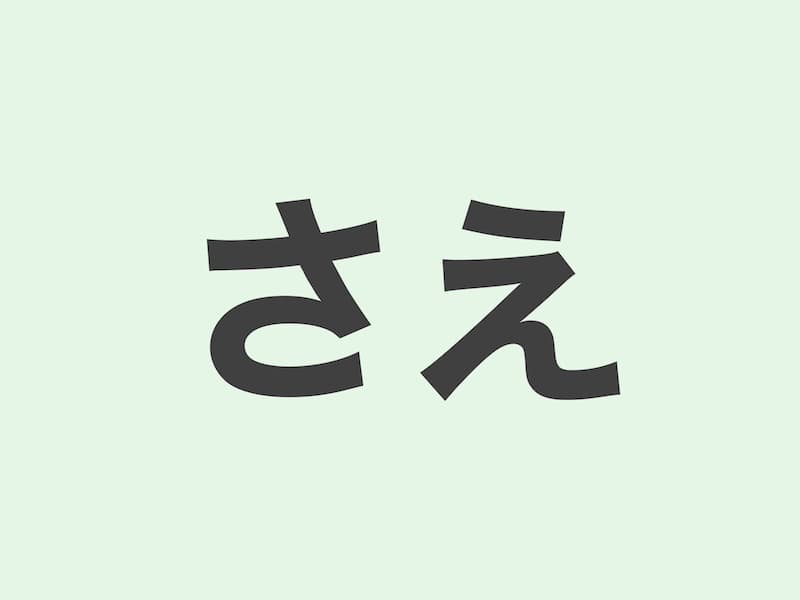説明 (Explanation)
文法(Grammar):Nさえ・Nでさえ・Nにさえ
意味 (Meaning):「さえ」は条件や状況を強調したり、制限を表したりするときに使われます。
英語(English):Even・Only (さえ is a particle that adds emphasis to a situation. It’s often translated as “even” or “only” in English,)
JLPT Textbook Recommendations
例文 (Examples)
- 子どもでさえ知っている。
- 漢字はたくさんあるので、日本人でさえ知らない漢字がある。
- お金さえあれば、家を買います。
- 彼は疲れていたので、食事する元気さえありませんでした。
ひらなが (Hiragana)
- こどもでさえしっている。
- かんじはたくさんあるので、にほんじんでさえしらないかんじがある。
- おかねさえあれば、いえをかいます。
- かれはつかれていたので、しょくじするげんきさえありませんでした。
英語翻訳 (English Translation)
- Even a child knows.
- There are so many kanji characters in Japanese that even Japanese people might not know some of them.
- If only I had money, I would buy a house.
- He was tired, so he didn’t even have the energy to eat.





コメント